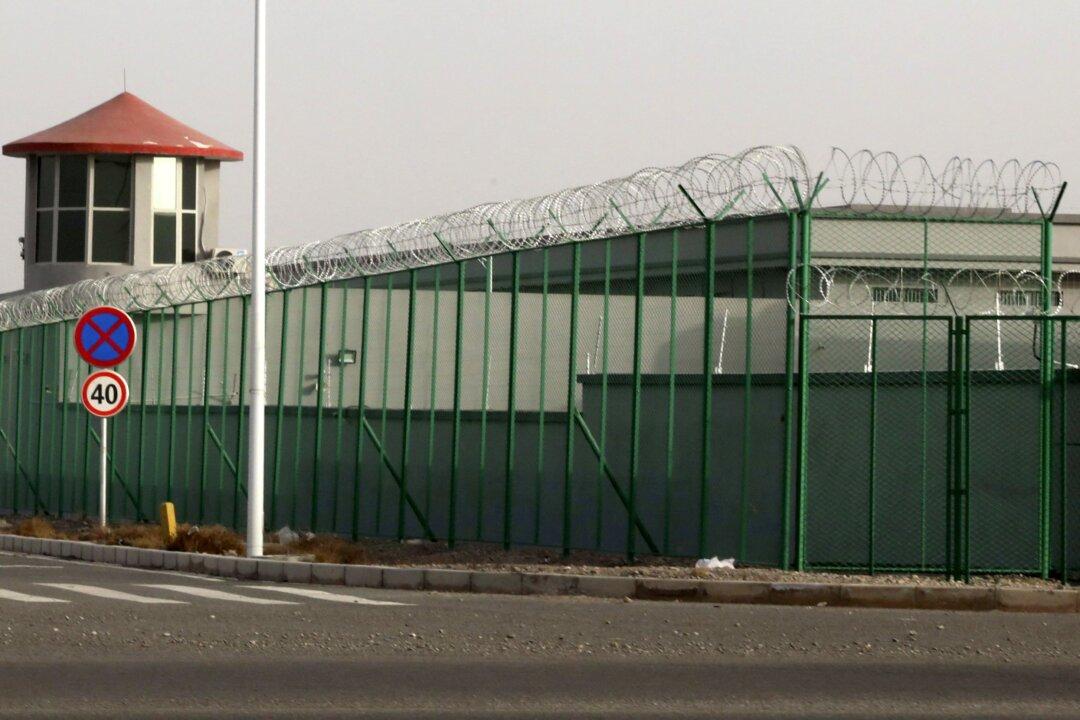Canada’s economy has done better than most since mid-2009, but recent job losses, deflationary pressures and a rapidly falling dollar indicate more problems ahead. The situation calls for some major initiatives, most notably rebuilding our troubled manufacturing sector.
Unemployment Up
Statistics Canada says that nearly 46,000 jobs were lost across the country during December alone, sending unemployment to 7.2 percent. The loss of 60,000 full-time positions was offset by the creation of only 14,000 part-time ones. More large cuts have since been announced by Bombardier in Montreal, Sears Canada and Potash Corp. of Saskatchewan. The job losses have caused our dollar to hover around 90 cents, the lowest level since 2009. But on the bright side this can help our manufacturers to compete internationally.
According to The Economist’s indicators, Canada’s unemployment level in November before the December setbacks was already 6.9 percent, compared to 7 percent in the U.S. and 12.1 percent across Europe. Only Germany, with its manufacturing-for-export strength, had unemployment at just under 7 percent. South Korea, another manufacturing powerhouse, was 2.7 percent. China’s official unemployment was 4 percent. The trade balances of Germany, South Korea and China were as usual positive and large; those of Canada and the United States, distressingly negative and high.
Economic Output Down
On economic output (GDP), the figures for all of 2013 were: Canada plus 1.7 percent; U.S. plus 1.8 percent; Euro zone minus 0.4 percent; Germany plus 0.5 percent; South Korea plus 2.8 percent; and China’s official GDP was plus 7.7 percent.
The Canadian and U.S. economies complemented one another for decades. We exported natural resource products southwards and imported more advanced technology finished products from Americans, following a pattern established centuries earlier with France and later with Britain.
Unfortunately, the United States has over three decades foolishly forfeited many manufacturing jobs to China and elsewhere. One estimate is that twenty million American livelihoods were lost. The formerly mutually-beneficial Canada-U.S. trade relationship simply no longer functions well with the presence of China.
In recent decades, about a third of Canada’s output was exported, with about four-fifths going to the United States. Our manufacturing sector, based primarily in Ontario and Quebec, shrank from about 40 percent of our GDP in 1973 to less than 20 percent today. It badly needs to be rebuilt.
The most successful economies, including Germany and South Korea, rely on the exports of small, medium, and large manufacturing firms to create and sustain jobs and prosperity. It thus makes good sense, for example, for Canada to seek markets for a reinvigorated specialized manufacturing sector in developing countries.
Restoring Manufacturing
The service sector today comprises about two-thirds of Canada’s economic output and about three-quarters of our jobs. Most Canadians are part of the Information Economy, but some lack both interest and skills to process data for a living. The service sector can only be taken so far.
The time is now for manufacturing. It was a key to earlier prosperity, offering many opportunities to earn good livings. Our political leaders, business communities, investors and policy makers at all levels should seek to build and restore the manufacturing sector of all sorts, including advanced products.
A year ago, Walmart pledged to hire more than 100,000 American veterans and boost its sourcing from domestic suppliers. The retailer announced a three-part plan to help jump-start the American economy, which included spending $50 billion to buy more American-made goods over the next ten years and helping its part-time workers move into full-time positions. Shouldn’t Canadian retailers also recognize that Canadians with good manufacturing jobs are among their best customers?
Improving Fair Trade
Peter Navarro, a business professor at the University of California, argues convincingly that consumer markets worldwide have been “conquered” by China largely through cheating on international trade rules. Navarro’s proposals would improve trade fair play. Specifically, he says all trading nations should:
- include currency manipulation as subsidies when calculating anti-dumping and countervail penalties;
- respect intellectual property; adopt and enforce health, safety, and environmental regulations consistent with international norms;
- ban the use of forced labor effectively and provide decent wages and working conditions for all;
- apply provisions for the protection of the natural environment in all bilateral and multilateral trade agreements in order to reverse the “race to the environmental bottom” in China and elsewhere.
The American Nobel laureate economist Paul Krugman has predicted that Beijing’s ongoing refusal to let its currency float will cause retaliation in a world struggling with overcapacity. He adds that by displacing the output and jobs of other nations with its own low-wage goods, China is arguably the prime culprit in holding back a robust recovery in global economies.
Canadians, like people across the world, want the same things: respect, education, safety and security, good jobs, the rule of law, democratic and accountable governance, and a sustainable natural environment. The major economic need for Canadians at present is much more manufacturing done at home.
This article was first published on Jan. 24, 2014, on Yahoo! Canada.






